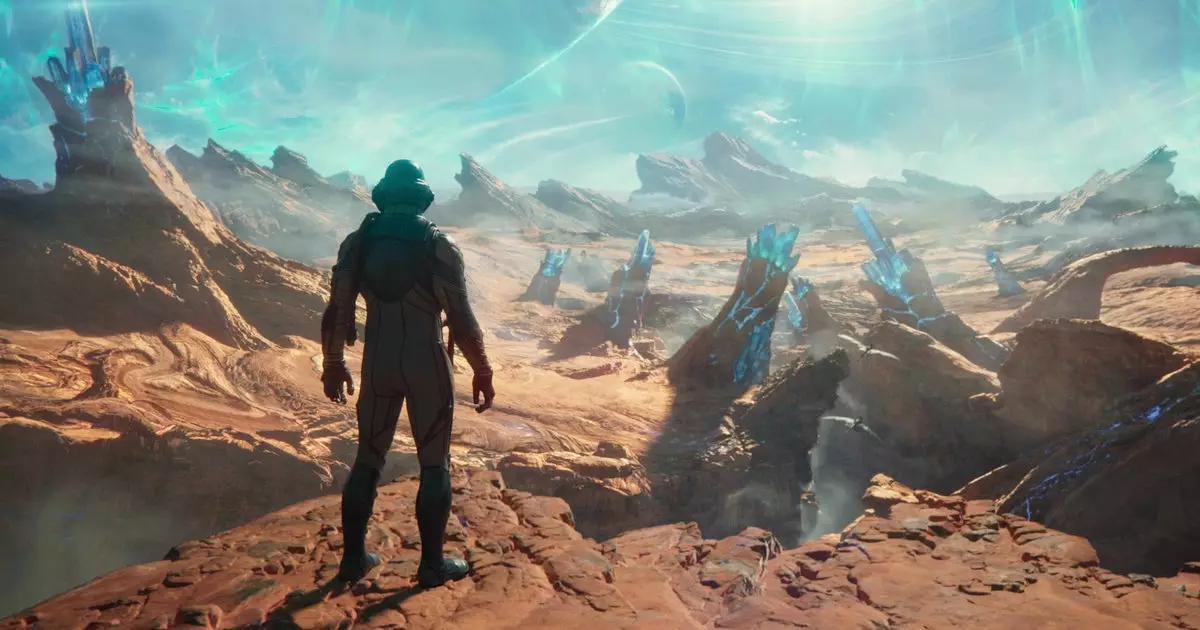The Outer Worlds 2, a satirical space RPG sequel, was officially announced in 2021 by developers Obsidian. However, since the initial announcement, there has been limited information shared about the progress on the game. Instead, Obsidian has been focusing on other projects such as Avowed and Grounded. Feargus Urquhart, the studio head at Obsidian, provided some insights into the development process of The Outer Worlds 2 in a recent interview.
The Impact of the Pandemic
During the early stages of the Covid-19 pandemic, there were discussions within the studio about reallocating resources from The Outer Worlds 2 to Avowed. The challenges posed by the pandemic, combined with the studio trying to finish The Outer Worlds and its DLC, as well as pushing forward with Avowed and Grounded, created a chaotic environment within the studio. Urquhart mentioned that there were moments when they considered halting the development of The Outer Worlds 2 entirely to focus on other projects.
Despite facing significant challenges, Obsidian ultimately decided to persevere and continue with the development of The Outer Worlds 2. They acknowledged that there would be delays in the release of their projects, including Avowed, which is now scheduled for 2025. However, Urquhart expressed confidence in the team’s ability to deliver high-quality games, citing the success of Grounded and the progress made on The Outer Worlds 2.
Project Management and Team Dynamics
Obsidian has implemented a system to effectively manage resources and creative input between projects, particularly between Avowed and The Outer Worlds 2. By establishing clear roles and responsibilities within the team, they have been able to maintain a level of efficiency and progress despite the challenges they faced during the pandemic. The continuity of key team members who worked on the first Outer Worlds game has also contributed to the success of the sequel.
Looking to the Future
Urquhart emphasized the importance of utilizing third-party tools such as Unreal Engine to streamline the development process and improve overall efficiency. This approach allows the team to focus on the creative aspects of game design rather than spending time on creating bespoke technology. With the experience gained from previous projects, Obsidian is well-positioned to create a new generation of games that build upon their past successes.
While the reception of the first Outer Worlds game was mixed, there is hope that the sequel will address some of the criticisms and take more risks to deliver a truly exceptional experience. The development process for The Outer Worlds 2 has been challenging, but the dedication and resilience of the team at Obsidian have been instrumental in moving the project forward. As fans eagerly await further updates on the game, it remains to be seen how The Outer Worlds 2 will ultimately resonate with players and critics alike.


Leave a Reply